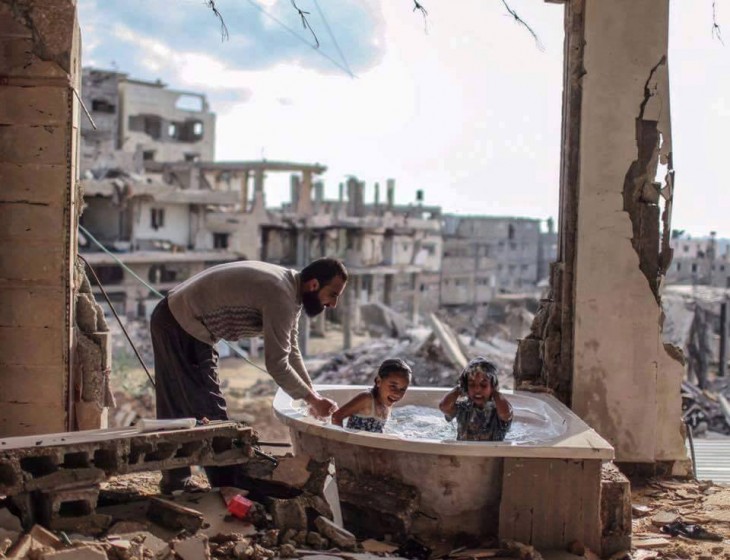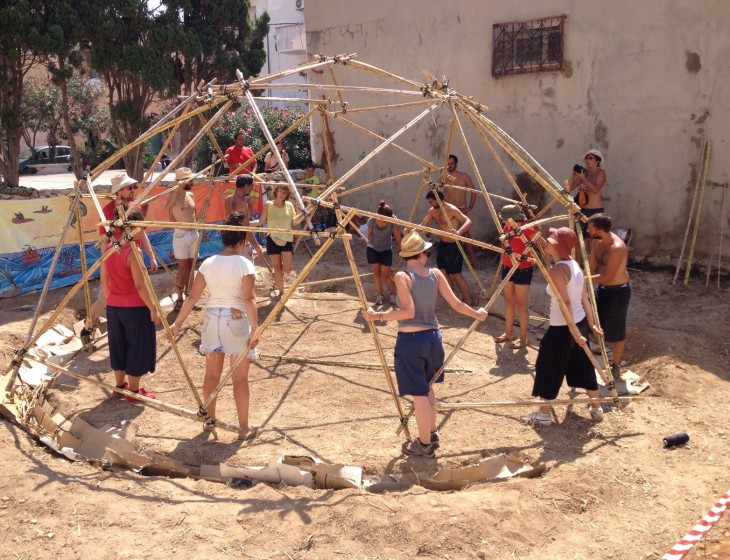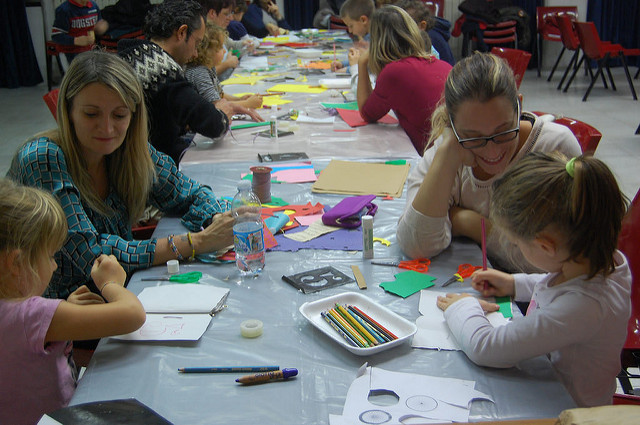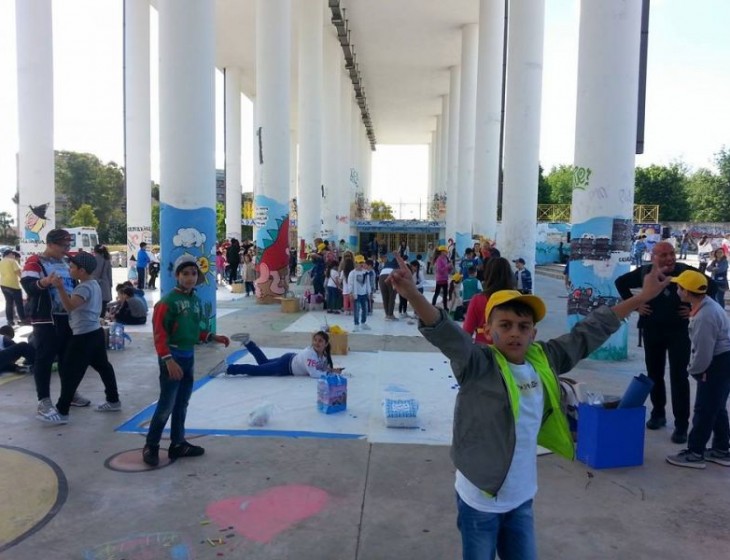To talk about social cohesion we started from its stories, mapping the best practices, projects and realities made up by people or institutions, that explain – sometimes better than numbers – what it means to create social cohesion in Italy. We tried to reveal them through interviews, articles, videos and images. This section is constantly updated.

Stories
& ideas
Stories of social cohesion

Reception for asylum seekers
The living conditions of people seeking asylum in a foreign country, fleeing war and persecution, is often dramatic and temporary. To take actively part in order to contribute to the improvement of their living conditions is possible and relatively simple. With Welcome Refugees is now possible to host a refugee as roommate. The host can be helped to bear the…

The District Tables
The District Tables are places of participation and planning nurtured by the contribution of several public and third sector social actors, thus with a mixed composition (social and healthcare service providers, citizens, voluntary associations, parishioners) and fluid (during a long journey there is who comes in, who goes out, who comes back), with substantial project autonomy and relevant consistency of…

P’orto di Lampedusa (Lampedusa’s harbor-garden)
A new point of view. From the bottom.
The garden as symbol of the community: that’s how in Lampedusa people create places of research, experimentation and aggregation through the unifying factor of the land and its vital productivity. The creation of a community garden, whose lots are intended for islanders and of the Day Center of Lampedusa’s guests (people with physical and psycho-intellectual disability), will soon be repeated…

#BeyondPerimeters
The new welfare for the new poverty
The past few years have forced Italian society to deal with new forms of poverty, new hardships and therefore new demands of social intervention that existing structures couldn’t always support. “#BeyondPerimeters” is the project enabled by the special company Sercop of Rho that wants to get over traditional boundaries of social intervention – reaching those who are unable to ask…

Mammut Cultural Centre
From pedagogy, the educational experience growing by leaps and bounds
‘O Mammut is a strange and large porch with six columns in Piazza Giovanni Paolo II in Scampia, Naples. In 2007, from the experience of the Territorial Centre in Scampia together with Compare (social promotion association) the research center come to life. It’s a difficult territorial context, everybody knows that. But over the years, Mammut sought a new way of…